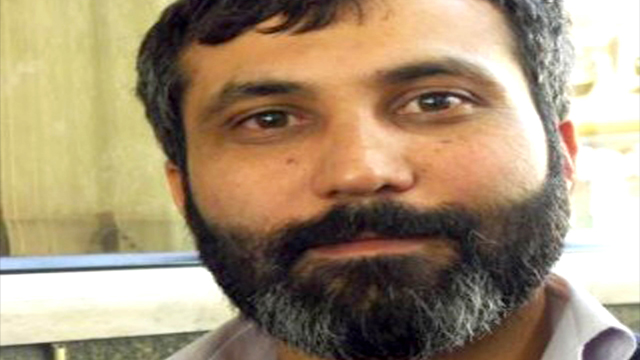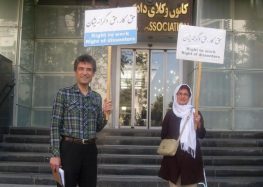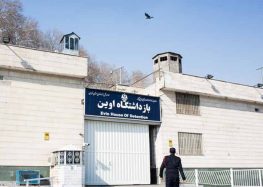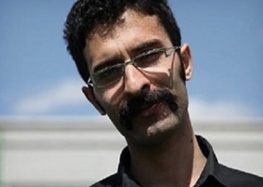Judiciary Refuses to Review Case of Political Prisoner Who Qualifies for Early Release

Ahmad Karimi Najjar, a political prisoner currently serving the seventh year of his 16-year prison sentence in Iran’s Rajaee Shahr Prison, could be eligible for conditional release, but the Judiciary is refusing to review his case.
Karimi, who was imprisoned for his alleged connection with an outlawed monarchist group, could benefit from a new legal definition for the charge of “waging war against the state” that would make him eligible for early release, but so far his requests for a review of his sentence have been denied, an informed source told the International Campaign for Human Rights in Iran.
Current Iranian law includes a higher threshold for convicting those who have been charged for their contact with opposition groups; those prosecuted under the previous tougher law can now apply for a reduction of their sentence.
Based on Section B of Article 10 of Iran’s New Islamic Penal Code, “In case the punishment of an offense is reduced under a subsequent law, the enforcement judge is obliged, before, or during, the execution, to ask the court which has issued the final judgment to correct it according to the subsequent law. The convict, too, may apply for the commutation of the punishment from the issuing court. The issuing court, considering the subsequent law, shall reduce the previous punishment.”
Najjar, 44, was arrested in May 2009 in Islamshahr, Tehran Province, for his alleged connection with Tondar, a monarchist group based in the United States, and was held in solitary confinement in Evin Prison’s Ward 209 for 40 days.
In an open letter to the Intelligence Ministry on April 7, 2010 Karimi wrote: “When I started to tell my story, the interrogators said they didn’t want to hear it. They said I had to write what they told me or they would beat the hell out of me, so I was forced to cooperate with them. After I wrote what they wanted, their attitude towards me improved and they served me tea and offered cigarettes. They said they would cooperate with me to get me released because my arrest had been a misunderstanding.”
In January 2010 the Revolutionary Court sentenced Karimi to death, but his sentence was reduced to 16 years and three months in prison upon appeal.
“In previous years the authorities would not have considered releasing Karimi on furlough (temporary leave) under any circumstances,” the source told the Campaign. “Later on they demanded 12 billion rials ($390,000 USD) for his bail, but he has a working class family that was unable to afford it, so he hasn’t received any furlough days.”






